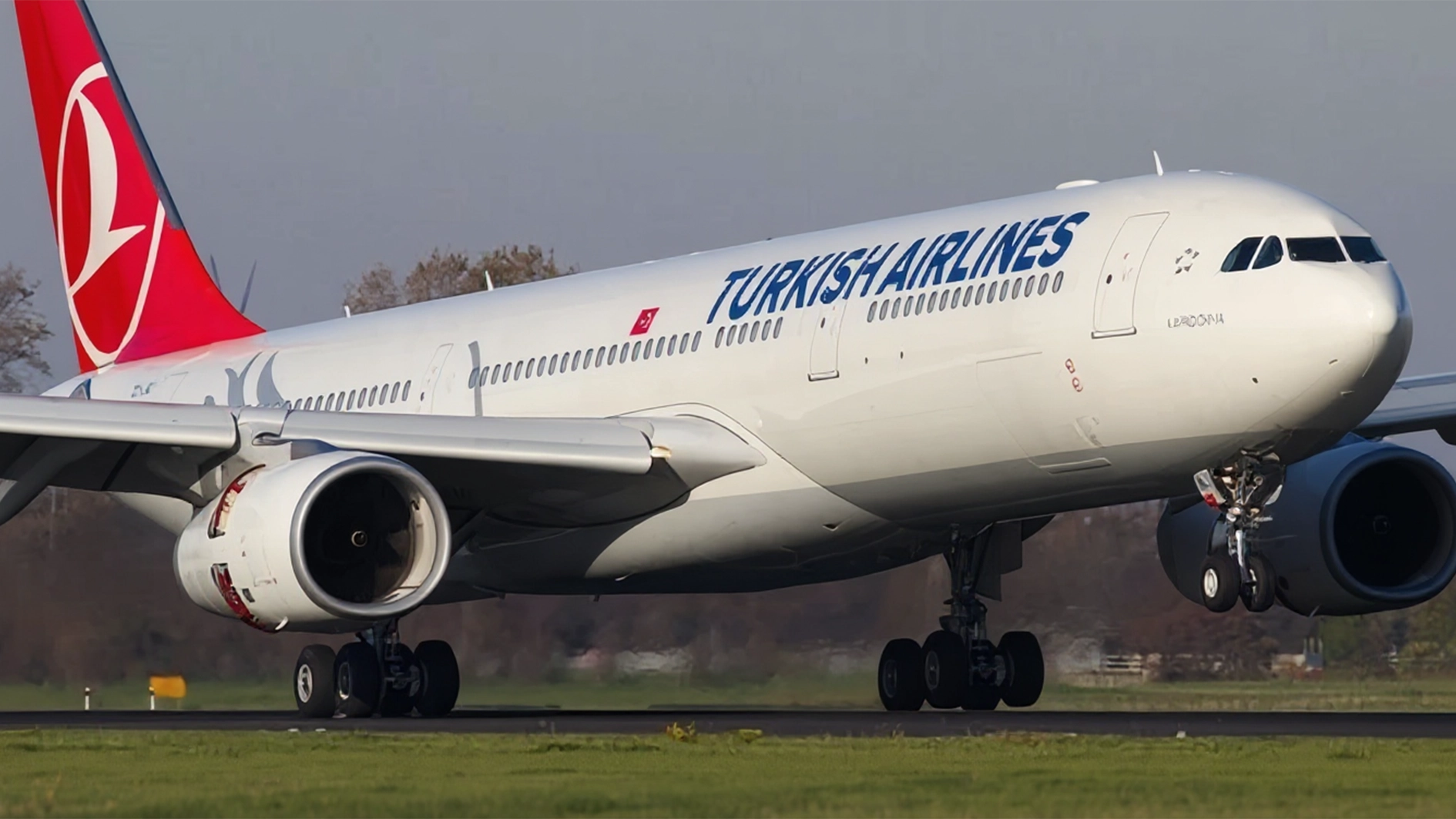
Global demand for the air freight market has recorded a decline as economic headwinds persist. A new data released by the International Air Transport Association (IATA) showed that global demand, measured in cargo tonne-kilometers (CTKs), fell 14.9 per cent compared to January 2022 (-16.2 per cent for international operations).
Capacity, measured in available cargo tonne-kilometers (ACTK) was up 3.9 per cent compared to January 2022. This was the first year-on-year growth in capacity since October 2022.
International cargo capacity increased 1.4 per cent compared to January 2022. The uptick in ACTKs reflects the strong recovery of belly capacity in passenger airline markets offsetting a decline in international capacity offered by dedicated freighters.
Several factors in the operating environment were noted. The global new export orders component of the manufacturing PMI, a leading indicator of cargo demand, increased in January for the first time since October 2022.
Global goods trade decreased by 3.0 per cent in December, this was the second monthly decline in a row. The Consumer Price Index for G7 countries decreased from 7.4 per cent in November to 6.7 per cent in January. Inflation in producer (input) prices reduced by 2.2 percentage points to 9.6 per cent in December.
IATA’s Director-General, Willie Walsh, noted that with January cargo demand down 14.9 per cent and capacity up 3.9 per cent, 2023 began under some challenging business conditions.
“That was accompanied by persistent uncertainties, including war in Ukraine, inflation, and labour shortages. But there is solid ground for some cautious optimism about air cargo.
“Yields remain higher than pre-pandemic. And China’s much faster than expected shift from its zero COVID policy is stabilising production conditions in air cargo’s largest source market. That will give a much-needed demand boost as companies increase their engagement with China,” Walsh said.
In the regional performances, African airlines saw cargo volumes decrease by 9.5 per cent in January 2023 compared to January 2022. This was an improvement in performance compared to the previous month (-10 per cent). Capacity was 1.8 per cent below January 2022 levels.
Asia-Pacific airlines saw their air cargo volumes decrease by 19 per cent in January 2023 compared to the same month in 2022. This was an improvement in performance compared to December (-21.2 per cent). Airlines in the region continue to be impacted by lower levels of trade and manufacturing activity and disruptions in supply chains due to the residual effects of COVID restrictions that were imposed by China. Additionally, the positioning of the Lunar New Year would have impacted cargo volumes in January. Available capacity in the region increased by 8.8 per cent compared to January 2022.
North American carriers posted an 8.7 per cent decrease in cargo volumes in January 2023 compared to the same month in 2022. This was a slight decrease in performance compared to December (-8.5 per cent). Capacity increased 2.3 per cent compared to January 2022.






